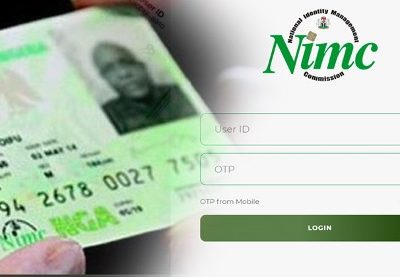Minister of Communications and Digital Economy, Dr Isa Ali Ibrahim Pantami, has charged the National Identity Management Commission (NIMC) to target 500% increase in the number of monthly Citizens’ Digital Identity Enrolments from the current 500,000 to 2.5 million in every month.
Pantami said this has become imperative as the National Identity Number (NIN) will soon be made mandatory for accessing government services and interventions.
NIN is already mandatory to acquire international passports and opening of bank accounts. Also, it is now required to register for the Unified Tertiary Matriculation Examination (UTME), a computer-based standardized examination for prospective undergraduates in Nigeria, and managed by the Joint Admissions and Matriculation Board (JAMB)
The minister spoke while receiving a briefing from the management team of the NIMC on their activities following the final transfer of the supervision of the commission to the ministry on earlier this month.
While commending the Director General of NIMC, Mr. Aliyu Aziz, for his commitment that has translated into considerable increase in enrolments since he became the CEO of NIMC, the minister noted that it was still strategic to raise the bar even higher by ensuring that the enrolment rate is five times the existing level.
According to a statement by the minister’s spokesperson, Mrs.Uwa Suleiman, he assured the NIMC team that he will do all he can to address some of the challenges faced by the identity management agency including inadequate funding.
The minister affirmed his commitment to ensuring that citizens easily obtain secure digital identity and urged them to enrol for their NIN even as he directed the NIMC’s boss to set up complaint units in all the commission’s centres so that complaints of citizens can be promptly addressed.
In addition, he asked that that NIMC interface more with citizens; run awareness campaigns on all media channels and in Nigerian languages to encourage people to obtain their digital identity.
Digital Identity is one of the key requirements of any digital economy and it is captured under Pillar #6 of the National Digital Economy Policy and Strategy (NDEPS) for a Digital Nigeria.































